Without protection, we quickly become transparent online. Law enforcement agencies, corporations, advertisers and even our peers can see every step we take online.
Fortunately, moving from entirely transparent to perfectly invisible requires just a few straightforward steps. Yes, it will take effort and the occasional sacrifice, but not the skills of a powerful computer wizard.

Step 1: Abandon your mobile phone
The most intrusive tracking we experience is undoubtedly through the constant connection of our mobile devices.
- Phone operators can locate everything with a SIM to within a few meters
- When a mobile device logs into the phone network, it identifies itself with the both the serial number of the instrument itself and the SIM card
The data gathered from your phone is routinely made available to governments. Hacking syndicates might also gain access via corrupt employees or forgotten backdoors.
Removing the SIM card may not be enough if you want to disappear completely. Your phone could still connect to a network without your knowledge (for example, in case you need to make an emergency call).
A good replacement for a mobile phone is a tablet without a SIM card holder, such as an iPad. An iPod touch is also an excellent substitute.
Make sure the operating system of your device randomizes its MAC address so you cannot be identified by the Wi-Fi networks you use (as iOS does).
Finding a suitable mobile device is admittedly hard. Many handsets require accounts with Google or Apple, don’t receive regular updates, or don’t run critical software, like Tor.

Step 2: Abandon email and social media
This is hard not because it requires technical skill, but because you’ll leave behind people who won’t follow you into the anonymous darkness that lies behind the glitzy advertisement-filled world of venture-capital-backed social media giants.
Without a phone number, you won’t be able to sign up for many services. Even behind layers of anonymity networks, social media accounts monitor your every click and comment, giving them a lot of power over you.
Living entirely without an email account or a phone number might be impossible. You can consider running your own email server, although doing so in a secure manner is tough.
To preserve your anonymity and keep the use of email, find a paid provider that accepts Bitcoin and tolerates connections via the Tor network, ideally through a .onion address.
You might also be able to find a vendor that offers an anonymous phone number for Bitcoin use. This would be useful for any social media or chat accounts you choose to maintain.
Opt for communication networks that are federated or decentralized and do not require email addresses or phone numbers to sign up. Great examples of such are Jabber (with Off-the-record encryption) and the Bitcoin-inspired Bitmessage network (still in beta).

Step 3: Encrypt everything and route through Tor
Tor is a slow and tedious but a highly efficient anonymity network. It’s not perfect but comes closest to hiding you and your contacts from each other.
As well as using Tor, you’ll have to encrypt all your communications. Don’t exchange unencrypted emails, chats, or store any unencrypted data online.
To browse the web, use the Tor browser, ideally inside of an operating system like TAILS.
Eventually, you will encounter sites that won’t show content unless you sign up or switch back to your regular browser—a clear sign you should avoid this website.

Step 4: Use Bitcoin and cash only
You are not only tracked when you are using your own devices or accounts but also every time you make an electronic purchase.
Paying with a debit card or PayPal will identify and locate you. It’s probably best to shut down your bank account and all cards entirely.
Learn how to use Bitcoin anonymously
Bonus step: Use a VPN
Tor is a widely used software and keeps millions of people safe. However, it’s still eyed with suspicion by many governments and ISPs.
To hide your activity on Tor, while keeping the anonymity features, disguise your home internet traffic by installing VPN software directly on your router.
With a VPN, your ISP won’t see that you’re using Tor or even which Tor nodes you are connecting to. They’ll just see the IP of your VPN server, and a connection that looks like an ordinary encrypted browsing session.

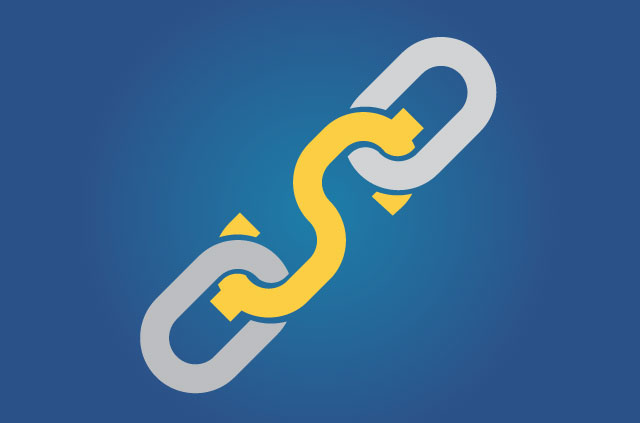


















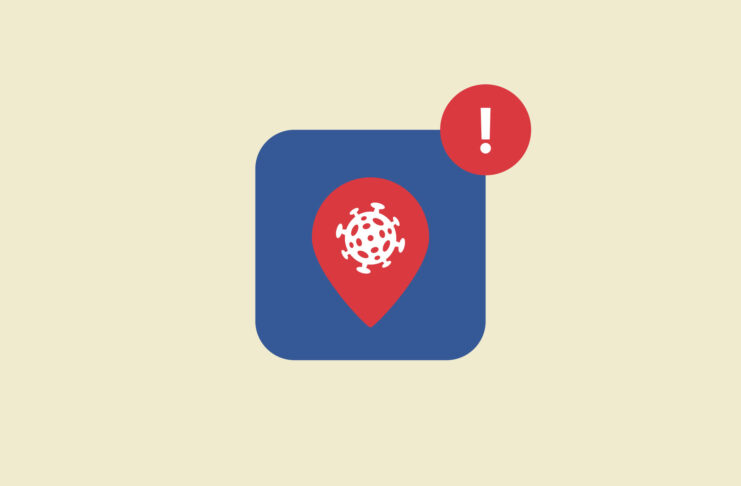
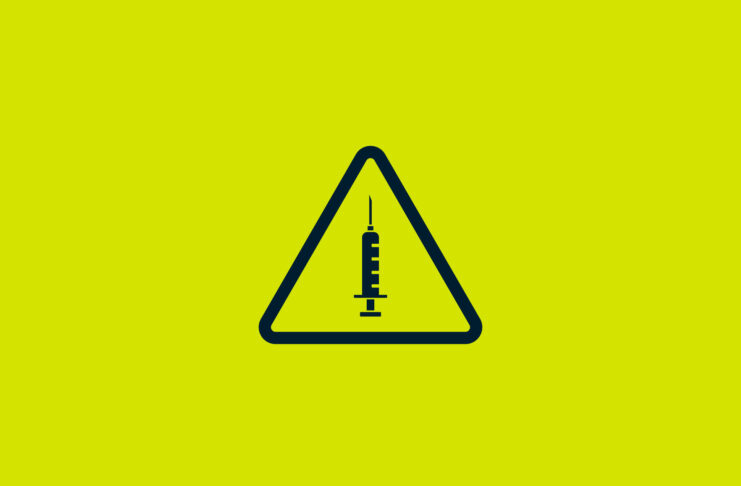
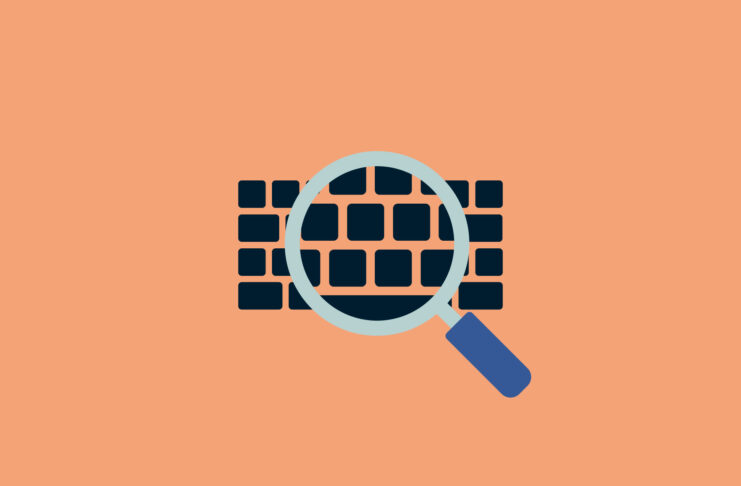
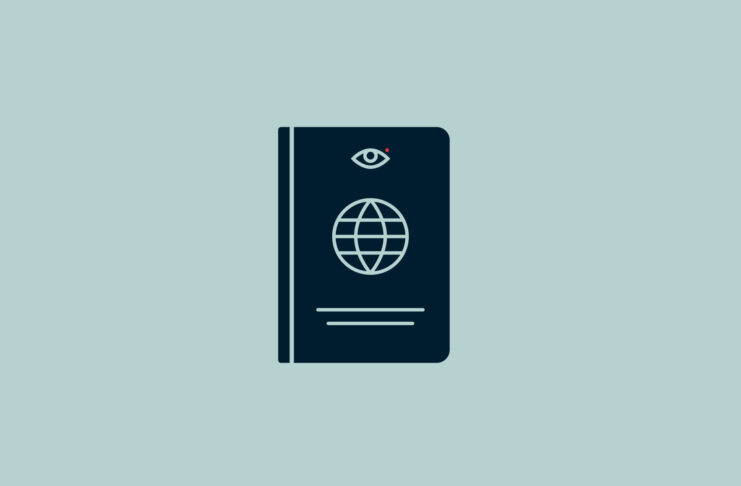




I can’t believe that the ExpressVPN blog became one of the most interesting blogs according to me! Articles are easy to read and very efficient. You can learn a lot of additional stuff like this one and so much more. I never use my mobile phone!
Nice!
J5, Can we cuddle? … I mean, seriously, why not? x-D
Hi Lexie, GREAT article fellow anarchist! ? Most commenters here still *seem* to be asleep. Interesting. A few questions: if you make a facebook account under a penname, will fb still be able to identify you through there facial recognition software? And regarding bitcoin, how do you pay for things like your groceries, plane tickets, etc. around the world? Anonymous Bitcoin cards (Xapo, Wirex) aren’t possible (anymore?) and btc isn’t yet accepted in most grocery stores in Europe, Asia, etc. yet, so how does one go about that? Would love to hear your views on that.
I LOVED the article, but could you please explain your last sentence? It appears there is a mistake in it. “With a VPN, your ISP won’t see that you’re using Tor or even the Tor nodes. They’ll just see the IP of your VPN server and not your home IP.” It is my understanding that the first part of this sentence is CORRECT! What you’re doing will be hidden through encryption. However, my understanding is that your ISP will see the IP of your VPN server AND your home IP, but as all the traffic will be encrypted, they won’t know where it is going as a final destination, or what it is saying. Your ISP has the hardwired connection to your home, and MUST know the IP address of your home to send packets there. However they DON’T NEED to be able to see the content or final destinations/connections you are wanting to make. If I am mistaken, I look forward to being educated by whoever wrote this article. If I’m not mistaken, I would simply suggest removing the last half of the last sentence.
Well spotted, the last sentence is indeed a bit confusing. I’ve removed the last part and clarified a bit, thank you so much for being such an attentive reader!
Lexie
You may live in a country where only criminals have to hide, but others are not so lucky. All around the world, journalists, social workers, marginalized people and minorities have to hide from their governments in fear of prosecution and death.
Melodrama not needed. Thanks, moving on, Alex, made a more practical and reasonable point.
The profile images come from a person’s Gravatar account. Anyone can have one 🙂
ExpressVPN staff get the same anonymity as our customers 🙂
When one (or me) moves to the Mountains wit family, all above steps should be made, first thing i l do is trow my phone to toilet and go live clean healthy life without gov dogs watching me or my family (but anyway everything is my wife’s name , so i m totally fine w that (even the great VPN) 🙂
Its a little drastic but the only real way to disappear is follow the steps above followed by DEATH. Followed by cremation.
Totally ridiculous suggestions and I won’t even bother justifying why!
It’s not ridiculous if you want to completely disappear as the title states. That being said, completely disappearing is a drastic step the majority of us don’t want or need to take.
I can see why many have the stereotype: “Americans are loud and arrogant”. Lol 😆